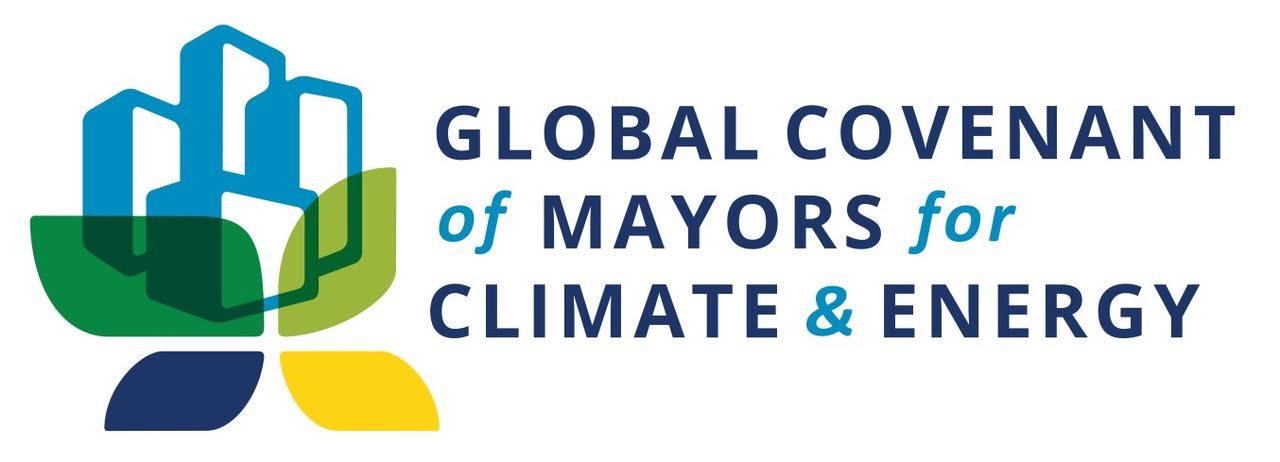- Home
- Reporting entities
- City of West Palm Beach, FL
City of West Palm Beach, FL
United States-
Population 102436

-
Area 150.478km 2
-
GDP 4.9 BillionUSD
-
Targets by N/A N/Aemission
Targets by City of West Palm Beach, FL
There are no targets yet
- Start year:
- Type: Technical/Infrastructure investment
- Status: Completed
The City of West Palm Beach completed an energy performance contract for City facilities which inlcuded an initial assessment. The city implemented several recommended energy coservation measures such as street lighting, lighting, HVAC, and controls upgrades. The energy perrformance contract helped the city achieve targets set under the DOE Better Buildings Challenge (20% energy use reduction by 2020).
Read More Read Less
- Start year:
- Type: Technical/Infrastructure investment
- Status: In operation
The City has committed to the U.S. Department of Energy's Better Buildings Challenge. The City has already achieved its initial goal of a 20% reduction in energy use intensity and has established a stretch goal of an additional 15% reduction by 2025. The portfolio of buildings, both public and private, represent over 1.7 million square feet of commercial buildings.
Read More Read Less
- Start year:
- Type: Policy/Strategies/Action Plans
- Status: Under construction / set up
The Energy Secure Cities Coalition (ESCC) is aproject to transition municipal fleets from vehicles powered exclusively by gasoline to ones powered by other fuels, primarily electricity. The City of West Palm Beach has committed to transition all appropriate vehicles to alternative fuels by 2025. The City was the first in Florida to add electric vehicles to its fleet, along with nine charging stations - eight of which are free to the public. The City has also replaced its fleet of diesel-powered trolleys with cleaner propane-powered trolleys.
Read More Read Less
- Start year:
- Type: Fiscal / Financial mechanism
- Status: In operation
Owners of eligible residential and commercial property in West Palm Beach may finance energy efficiency, renewable energy and wind resistance improvements to their property with little or no upfront cost, and then re-pay the financed amount over a term of up to 20 years as a non ad valorem assessment on the annual property tax bill.
Read More Read Less
- Start year:
- Type: Policy/Strategies/Action Plans
- Status: In operation
The Climate and Resiliency Policy is an internal policy that requires all City departments to consider greenhouse gas emissions; all new capital projects to be evaluated using the most current data on climate change projections and impacts; all new City buildings or substantial modifications 1,000 sf+ to achieve LEED Silver certification (ENERGY STAR and Enterprise Green Communities may be used for residential); all new vehicles to be electric or powered by an alternative fuel, as appropriate; and completion of a vulnerability assessment to be used in planning and implementation of capital projects, land use, operations and maintenance.
Read More Read Less
- Start year:
- Type: Policy/Strategies/Action Plans
- Status: Planning phase
The Climate and Resiliency Element outlines the direction of sustainability and climate planning for the City of West Palm Beach. It identifies the major priorities that the City needs to address from a sustainability and resiliency standpoint in order to ensure consistency across various Elements of the Comprehensive Plan.
Read More Read Less
- Start year:
- Type: Technical/Infrastructure investment
- Status: In operation
The Mayor’s Office of Sustainability has embarked on a 10 year/10,000 tree project to increase the canopy of the West Palm Beach urban forest. The goal of the program is 10,000 trees planted by 2025. To do this, the City provides free trees to residents and businesses in the city. All trees are Florida-Friendly species.
Read More Read Less
- Start year:
- Type: Policy/Strategies/Action Plans
- Status: Planning phase
In 2014, the City committed to a vision for a holistic stormwater master plan to improve datasets and models for enhanced management, better understand the performance of the City’s stormwater system over time, and relieve City homeowners and businesses from needless flood insurance premiums. The plan will assess the City’s hydrologic characteristics, topography, drainage, floodplains, water quality, pollution sources, and land cover using GIS and other data sets. It will also incorporate climate change impacts and opportunities for green infrastructure such as rain gardens, permeable pavements, infiltration strips, bio-swales, etc.
Read More Read Less
The City of West Palm Beach, FL has reported 2 Community emission inventories, since 2013. In its latest inventory, compiled in 2013, the Transport, Stationary energy and Waste management are identified as key emission sources.


